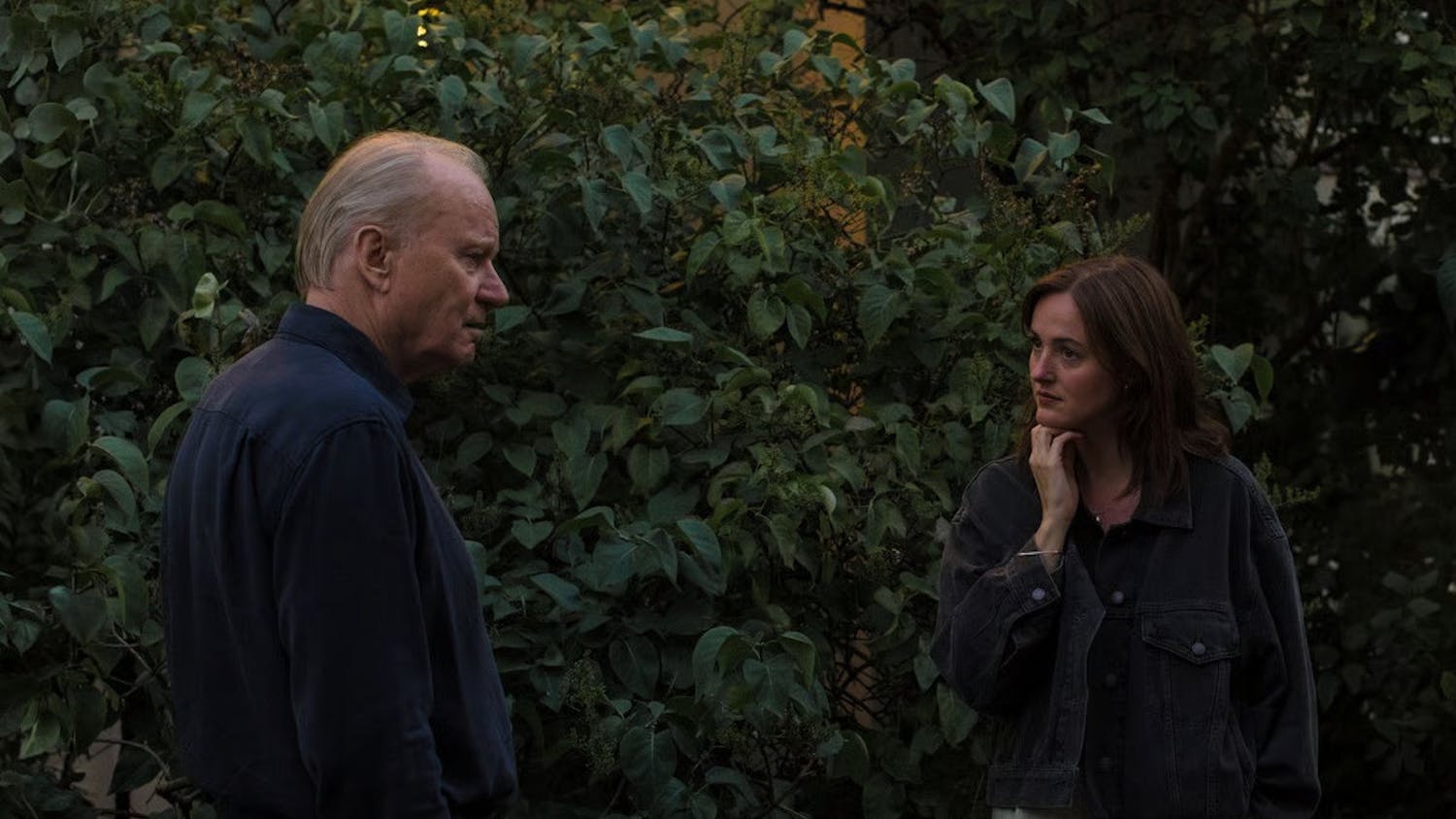Maria Butina, a Russian gun rights activist and American University graduate, pleaded guilty to one count of conspiracy to violate the law governing foreign agents operating in the United States on Thursday.
Butina, 30, struck a deal with federal prosecutors that included her admission to trying to build ties between the Russian government and the Trump campaign on behalf of an unnamed Russian official, widely believed to be Alexander Torshin, a Russian bank official.
In addition, Butina attempted to build connections with influential members of the National Rifle Association and the National Prayer Breakfast alongside an unnamed American reported to be her boyfriend, Republican fundraiser Paul Erickson. Erickson has denied all allegations that he helped cultivate relationships between the Russian government and the Trump campaign.
The charges brought against Butina were unrelated to the probe led by special counsel Robert Mueller, who is investigating Russian meddling in the 2016 election.
As part of her plea agreement, Butina will cooperate with federal prosecutors. She will likely face up to six months in prison when she is sentenced in early 2019, and according to NPR, Butina told Judge Tanya Chutkan that she understands she will likely be deported back to Russia after serving time.
Chutkan scheduled Butina’s next hearing for Feb. 12, when the court will assess the cooperation that Butina has given the U.S. government. Federal prosecutors have left open the possibility that they will write a letter seeking leniency for Butina depending on her cooperation with them, according to NPR.
Butina was originally arrested in July on charges that she acted as an agent of the Russian Federation. She had graduated from the School of International Service with a master’s degree only two months earlier.
Since her arrest, Butina has been held in jail without bond. As recently as last month, her lawyers were working to subpoena the University for class rosters that included photos of Butina’s former classmates. Several of those classmates objected to the order, though it was eventually approved by the court.





